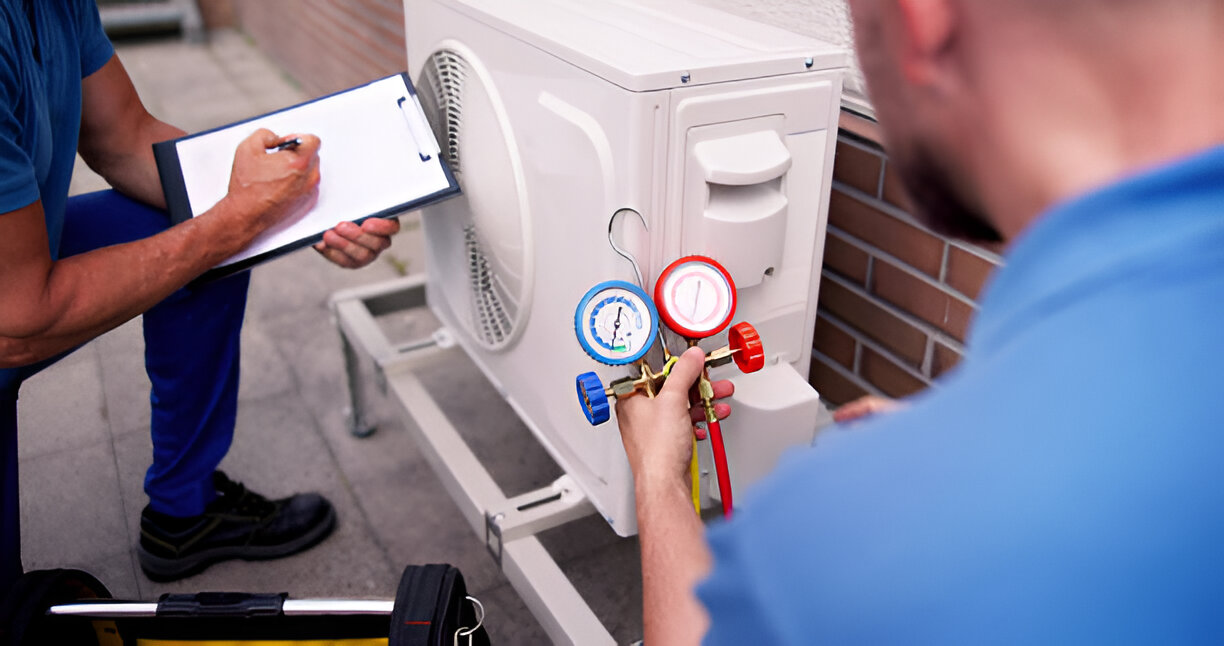In recent years, instant hot water systems have gained popularity for their convenience and efficiency. However, as we become more conscious of our environmental footprint, it’s crucial to understand their impact. While these systems offer advantages like energy savings and reduced water waste, there are also concerns about their environmental effects. This blog post explores the various aspects of instant hot water systems and their implications, helping you make informed decisions about your hot water needs.
The Basics of Instant Hot Water Systems

Tankless water heaters, also known as instant hot water systems, heat water only when needed, eliminating the need for a storage tank. Cold water travels through a pipe and is heated instantly using gas or electricity upon turning on the tap. Instant hot water with Day & Night Air initially appealed to my family for its endless supply, but it also prompted us to consider the unique environmental aspects of these systems.
Energy Efficiency and Consumption
One of the main benefits of instant hot water systems is their energy efficiency. Traditional water heaters continuously heat and store water, consuming energy even when not in use. In contrast, instant systems use energy only when water is heated, leading to lower energy bills and reduced greenhouse gas emissions. After switching to a tankless system, I noticed significant savings on my energy costs, which felt like a win for both my wallet and the environment.
Water Conservation Benefits
Instant hot water systems significantly contribute to water conservation. Traditional water heaters can waste gallons while you wait for hot water, whereas instant systems provide hot water almost immediately. I used to be frustrated by the time it took for hot water to reach my kitchen tap, but now I can enjoy instant warmth, knowing I’m saving water, especially in drought-prone areas.
Reducing Carbon Footprint
By using less energy and water, instant hot water systems can significantly lower your carbon footprint. Studies indicate that these systems can reduce greenhouse gas emissions by up to 30% compared to traditional water heaters, especially when paired with renewable energy sources. After installing solar panels alongside my tankless system, I felt empowered, knowing I was actively contributing to eco-friendly water heating solutions while reducing my household’s carbon emissions.
The Production and Disposal Impact
Despite the benefits, the production and disposal of instant hot water systems carry environmental costs. Manufacturing involves resource extraction and energy consumption, and when the time comes for disposal, many components may end up in landfills. A neighbor of mine recently faced this issue, realizing that recycling options for his tankless heater weren’t readily available, highlighting the need for better disposal solutions.
Potential for Over-Heating
Instant hot water systems can lead to overheating, especially if not properly maintained. Overheating can waste energy and pose safety risks, particularly for children. I learned this lesson the hard way when I accidentally scalded my hand due to water that was too hot. This experience made me appreciate the importance of regular maintenance checks to ensure my system operates safely and efficiently.
Maintenance and Longevity
Proper maintenance is vital to the environmental impact of instant hot water systems. With proper care, tankless systems can last longer than traditional water heaters, but neglect can result in inefficiencies. I once noticed a mineral buildup in my system that affected its performance. After conducting some research, I discovered the importance of HVAC maintenance, particularly regular descaling, which could prevent such issues and help me save energy while extending the unit's life.
The Role of Technology
Technological advancements are continually shaping the environmental impact of instant hot water systems. Many modern units feature smart technology, allowing homeowners to monitor energy consumption and adjust settings remotely. When I installed a smart thermostat for my tankless water heater, I was amazed at the data I could track, enabling me to optimize energy use and reduce waste.
Considering Alternatives
While instant hot water systems have advantages, it's essential to explore alternatives with potentially lower environmental impacts. Solar water heaters harness the sun’s energy to heat water, resulting in significant energy savings and a reduced carbon footprint. I considered switching to solar but found it might not suit my home’s layout. Assessing your specific needs is vital before making a decision.
Conclusion: Making Informed Choices
Understanding the environmental impact of instant hot water systems is vital as we strive for eco-friendly choices in our homes. While these systems offer energy efficiency, water conservation, and a reduced carbon footprint, it’s essential to consider their production, maintenance, and disposal impacts. By staying informed and exploring alternatives, you can make choices that align with your values and positively impact the environment.
In my journey toward sustainability, I found that making informed decisions about hot water systems significantly reduced my environmental footprint. Whether you choose an instant hot water system, explore solar options, or focus on regular maintenance, every step contributes to a more sustainable future. As we collectively strive for a greener planet, small changes in our homes can lead to significant positive impacts. Let’s commit to understanding and improving our environmental impact in every facet of our lives.